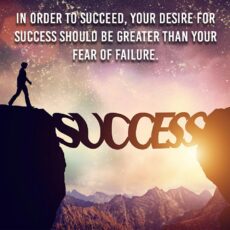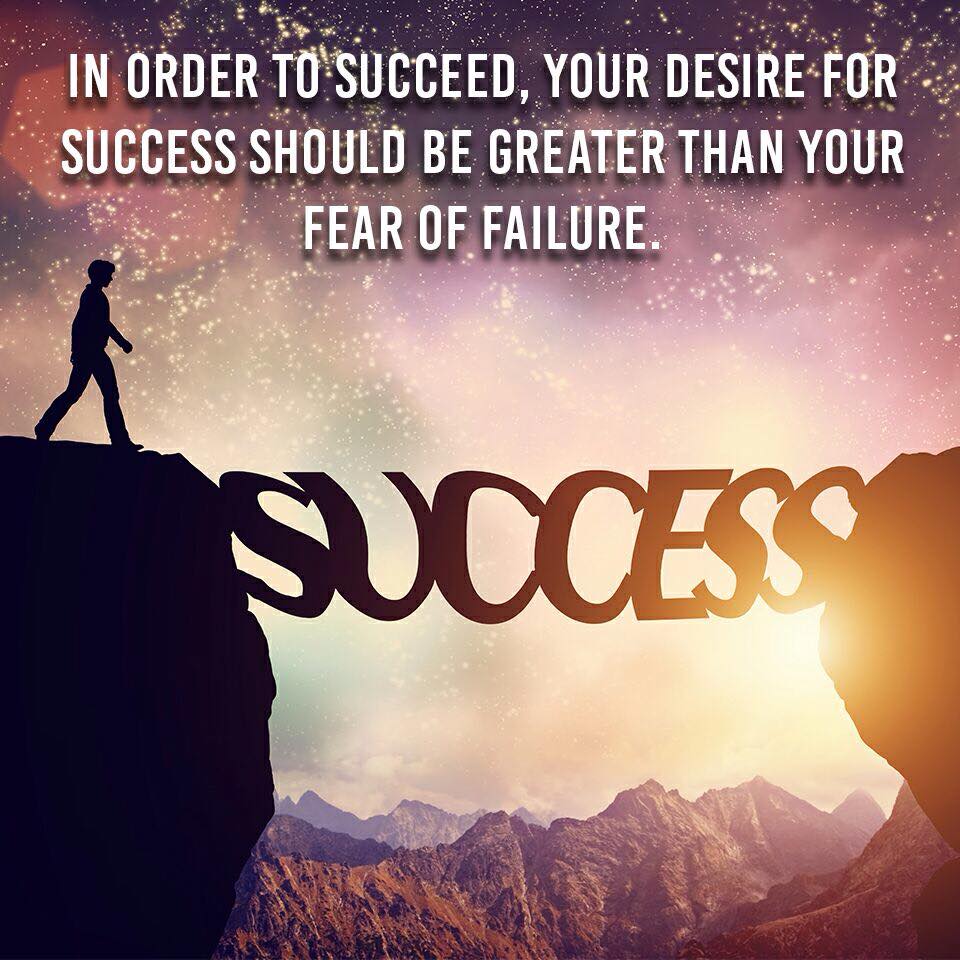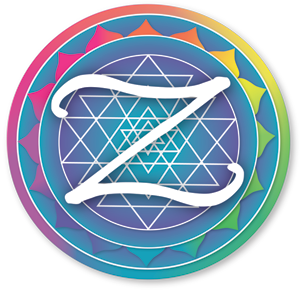Imagine waking up already feeling exhausted—like you’ve been running a marathon in your mind before your feet even touch the floor. Your to-do list looms like a mountain, deadlines press in from every side, and even the activities that once brought you joy now feel like chores. This isn’t just tiredness; this is burnout—deep, persistent physical and emotional exhaustion that quietly erodes your energy, motivation, and sense of purpose.
Burnout rarely arrives with a loud announcement. It’s a slow, creeping drain on your vitality, built from the constant pressure to excel, to “keep it all together,” and to say yes to everything. You push through without rest, thinking you’ll catch up later—but later never comes. Soon, the passion that once fueled your work and life fades into a dull ache of obligation.
The signs are there if you know how to spot them. Motivation slips away. Tasks that once energized you now feel heavy. Concentration falters—your mind wandering when you need it most. Productivity drops, which only adds to the pressure you feel. And then your body joins the protest: headaches, restless nights, stomach upsets. Your mind and body are waving red flags, but in the rush of life, it’s easy to ignore them.
Burnout can also numb your heart. The activities, hobbies, and relationships that once made you feel alive begin to lose their spark. Emotional detachment sets in, and isolation quietly grows. You’re “there” physically, but mentally and emotionally, you’re checked out.
The good news? Burnout isn’t permanent. It can be prevented—and reversed—if you take intentional steps. Start by reclaiming your balance. Create a schedule that allows for breaks, boundaries, and breathing room. Learn to say no when necessary. Prioritize what truly matters and let go of the rest.
Self-care isn’t indulgence; it’s essential maintenance. Whether it’s daily meditation, a brisk walk, quiet time with a book, or simply doing something that makes you laugh, these small acts recharge your mental and emotional batteries. And remember—you don’t have to face it alone. Reach out to friends, family, a coach, or a mentor who can offer perspective and support.
Once you begin to heal from burnout, you can start building toward brilliance. And brilliance begins with how you define success. For some, success means external achievements—career milestones, financial stability, or recognition. For others, it’s internal: fulfillment, resilience, joy, and peace of mind.
True brilliance is the harmony of both. It’s not just about reaching a goal—it’s about growing through the process, staying aligned with your values, and cultivating the mindset that keeps you moving forward no matter what challenges arise.
Your mindset is the lens through which you see the world and yourself. A fixed mindset keeps you trapped in limitation; a growth mindset opens the door to possibility. While your mindset is shaped early in life, it’s never set in stone. Through self-hypnosis, positive self-talk, and conscious choice, you can rewire your thinking, boost your confidence, and step into your highest potential.
Moving from burnout to brilliance isn’t a single leap—it’s a journey of consistent, intentional choices. Every step you take to protect your well-being, nurture your mindset, and honor your values moves you closer to the life you deserve.
You have the power to shift. You have the tools to grow. And when you do—you’ll shine brighter than ever before.










